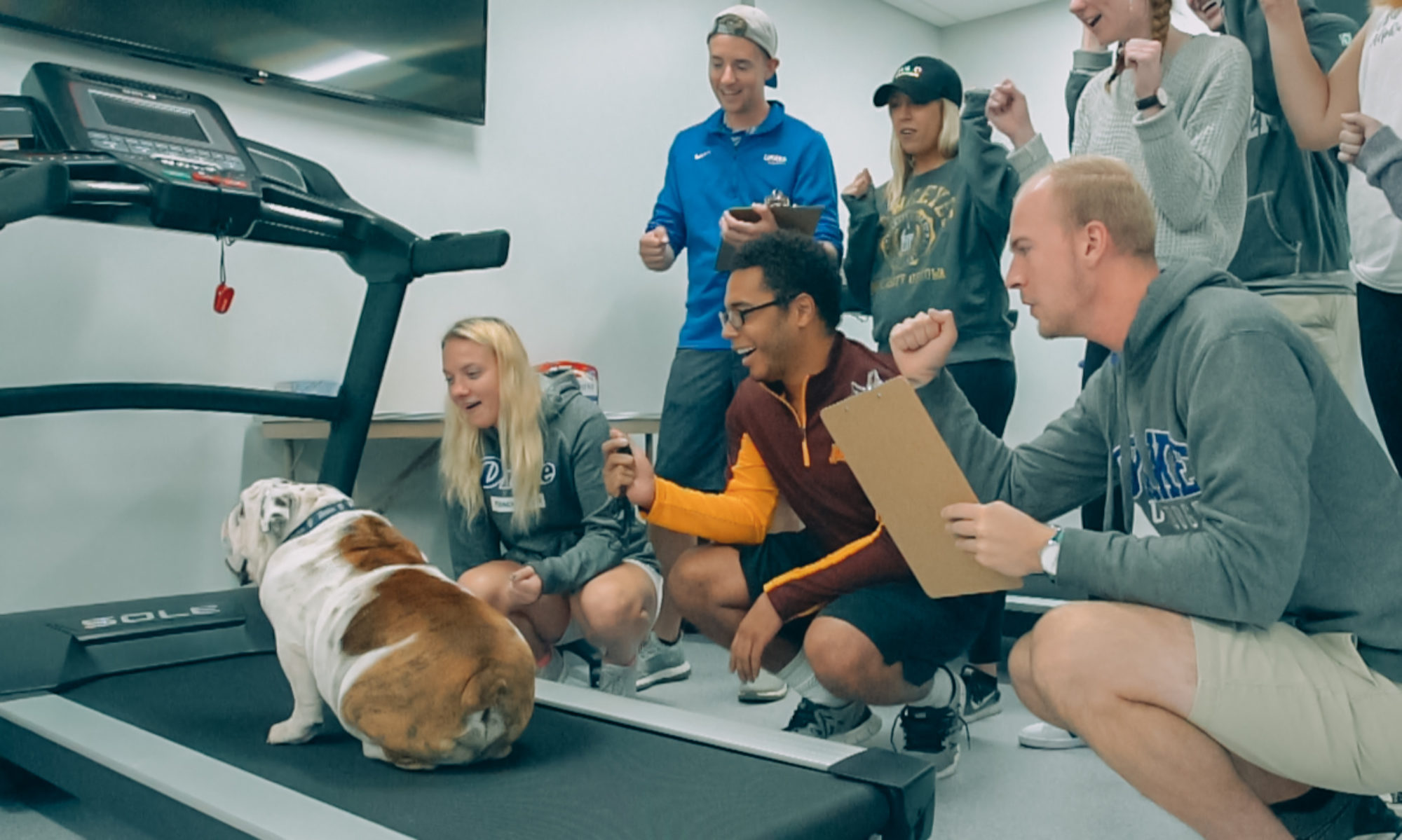Author: Carmen Houck
As someone who grew up in Colorado, altitude has always been a hot topic of conversation. From people coming to visit and mentioning how they tire quickly to experiencing the difficulty to breathe while climbing 14ers (14,000+ foot peaks), it is a topic that came up
frequently among friends and family. As I got older and started learning more about how the body works, I started seeing the science and rationale behind all those conversations I had growing up. For most people, high altitude just means it’s harder to breathe, but why?
